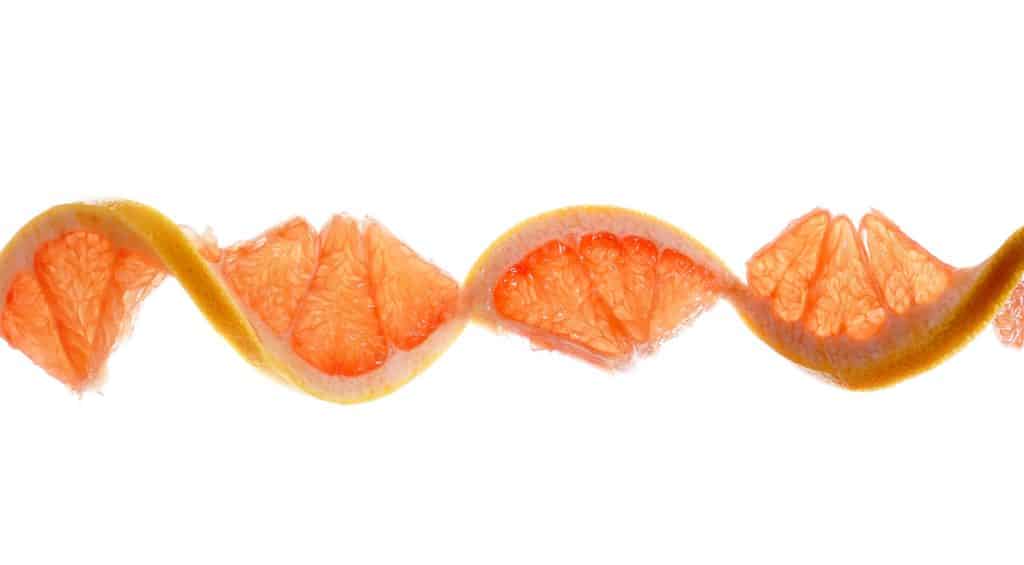Eating habits and genetics. We all know someone who has been very successful on a low-fat diet. Then there are those who avoid carbohydrates. Then there are those who reach satiety with small portions and others who can’t seem to satiate their appetite, or even continue to eat after reaching satiety. And, of course, we cannot forget those who are lactose or gluten intolerant.
Eating seems to be such an instinctive action that we rarely stop to think about why we eat the way we do. Understanding the motivation behind the way we eat, or what leads us to choose some foods and not others, is of vital importance when we have a food-related goal.
Table of Contents
What factors influence our eating habits?
Eating habits and the type of food consumed have a direct relationship with health and well-being, and are influenced by 4 factors: physiological, social, psychological, and genetic. [1]
The latter may be the least known or valued by people when making an assessment for a possible change of habits, however, it is of vital importance since our DNA harbors an immense amount of information that defines the way we eat. For example, a person’s genetics can help us understand their individual predisposition to increased appetite or cravings.
How do genetics influence the way we eat?
Genetics can help us understand our tendencies to crave sweets, or the pleasure response to the stimulus of food. [2] There may be people who do not have the gene that allows them to feel full after eating, or people who are predisposed to develop emotional eating, which may be closely related to weight gain. With this information, and the guidance of a health professional, individuals can understand how to better control their appetite and, ultimately, their weight and overall well-being.
Which genes influence the feeling of satiety?
Although there is no objective method for quantifying food cravings or preferences for a particular type of food, behavioral scientists have devised techniques to measure individual motivations to consume food by comparing them across individuals.
A study was conducted to test the hypothesis that the main candidates for assessing individual differences in hedonic eating were dopamine receptor polymorphisms, especially variants in genes regulating the D2 receptor, including ANKK1 and DRD2, the results of which showed that the frequencies of certain alleles were higher in overweight or obese individuals [3].
CrossDNA and your eating habits
There are a variety of genes that can influence eating habits. The CrossDNA genetic test analyzes up to 38 food-related traits. These range from genetic predisposition to caffeine sensitivity, to the feeling of satiety when eating.
Bibliography
[1] Grimm ER, Steinle NI. Genetics of eating behavior: established and emerging concepts. Nutr Rev. 2011 Jan;69(1):52-60. doi: 10.1111/j.1753-4887.2010.00361.x. PMID: 21198635; PMCID: PMC3052625.
[2] Bachmanov AA, Bosak NP, Floriano WB, Inoue M, Li X, Lin C, Murovets VO, Reed DR, Zolotarev VA, Beauchamp GK. Genetics of sweet taste preferences. Flavour Fragr J. 2011 Jul;26(4):286-294. doi: 10.1002/ffj.2074. PMID: 21743773; PMCID: PMC3130742.
[3] Aliasghari F, Nazm SA, Yasari S, Mahdavi R, Bonyadi M. Associations of the ANKK1 and DRD2 gene polymorphisms with overweight, obesity and hedonic hunger among women from the Northwest of Iran. Eat Weight Disord. 2021 Feb;26(1):305-312. doi: 10.1007/s40519-020-00851-5. Epub 2020 Feb 4. PMID: 32020513.




